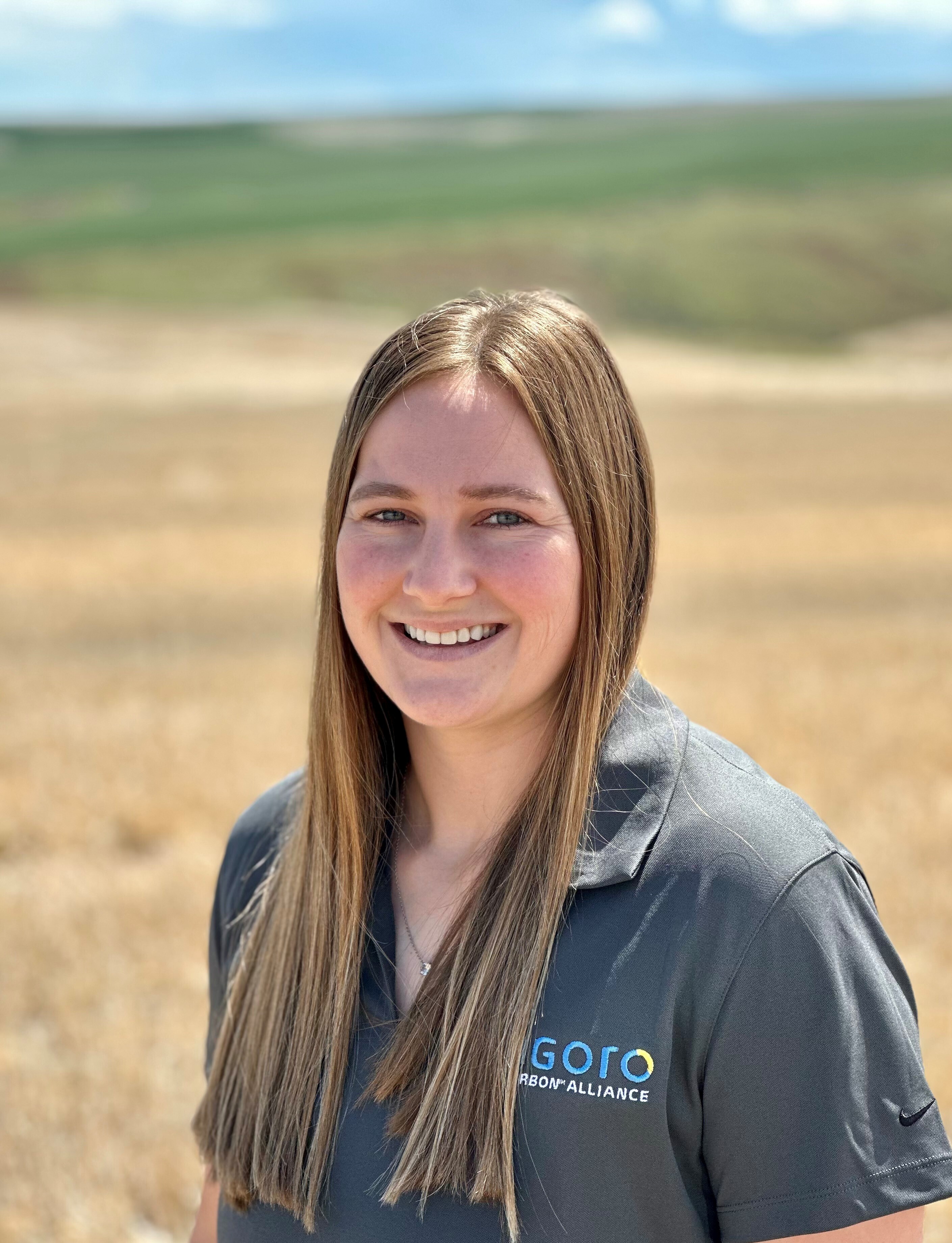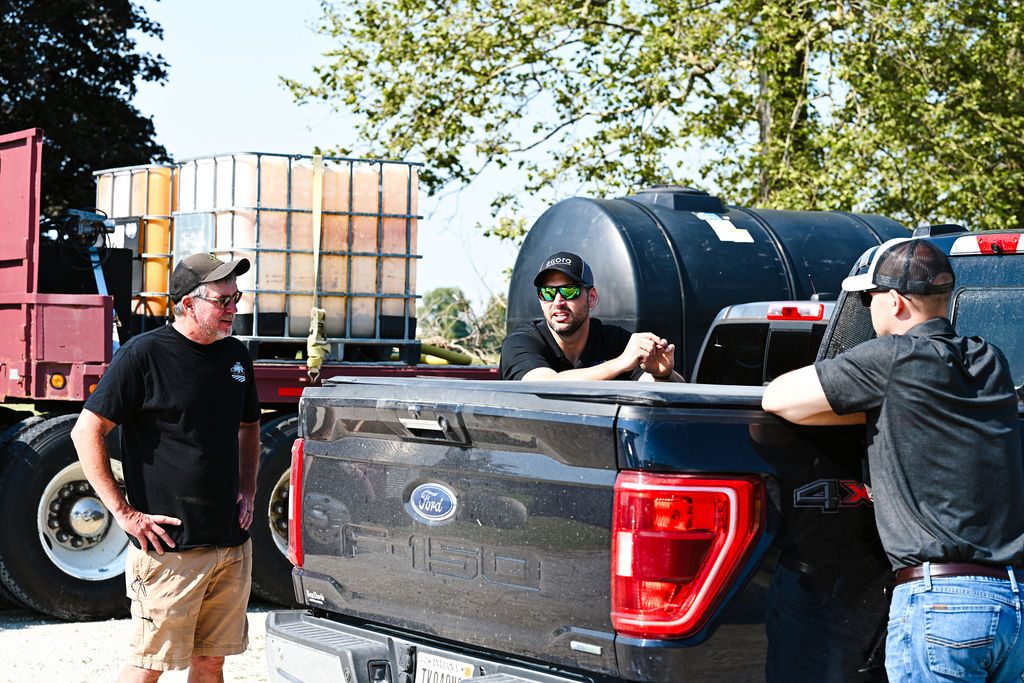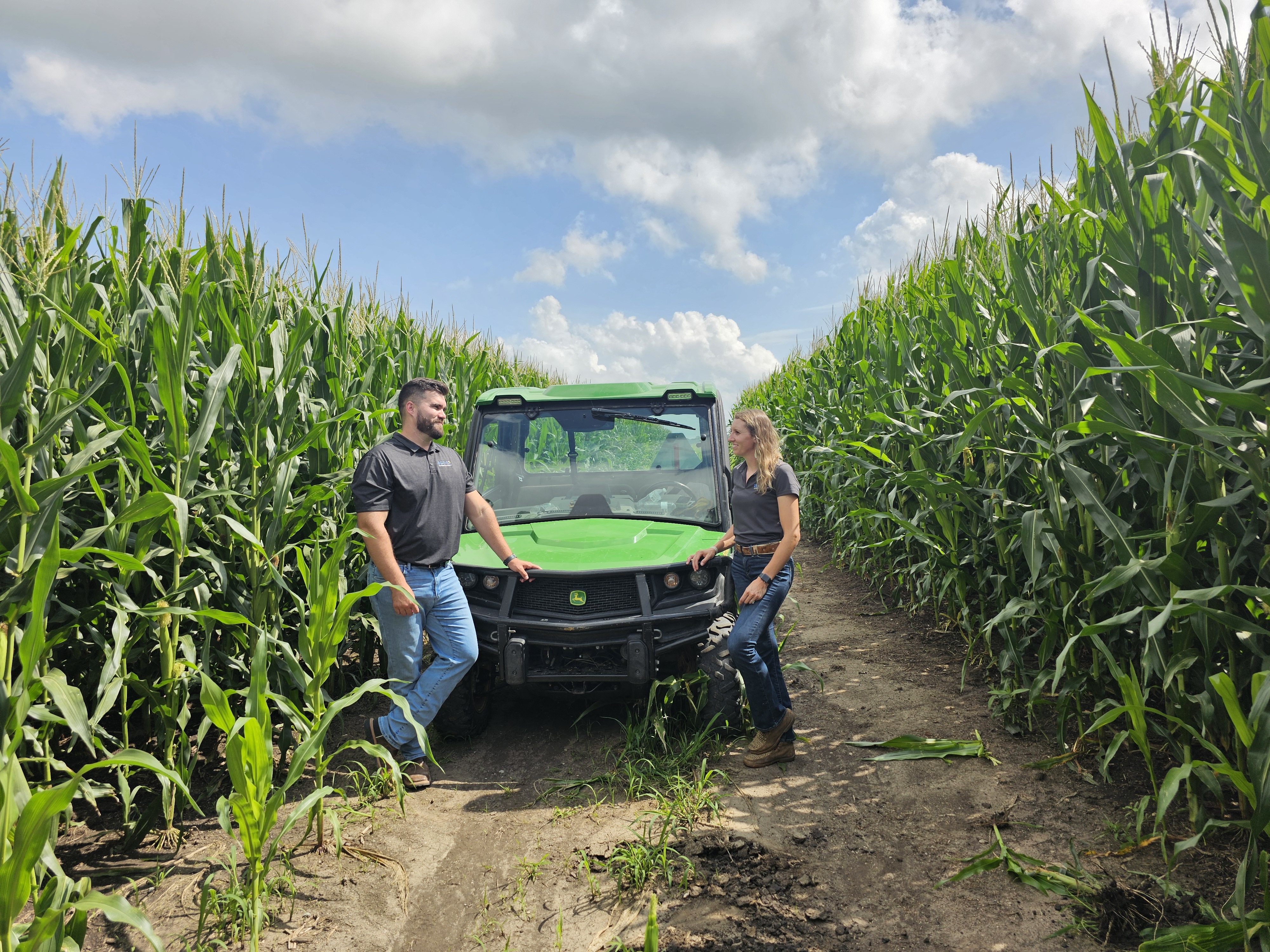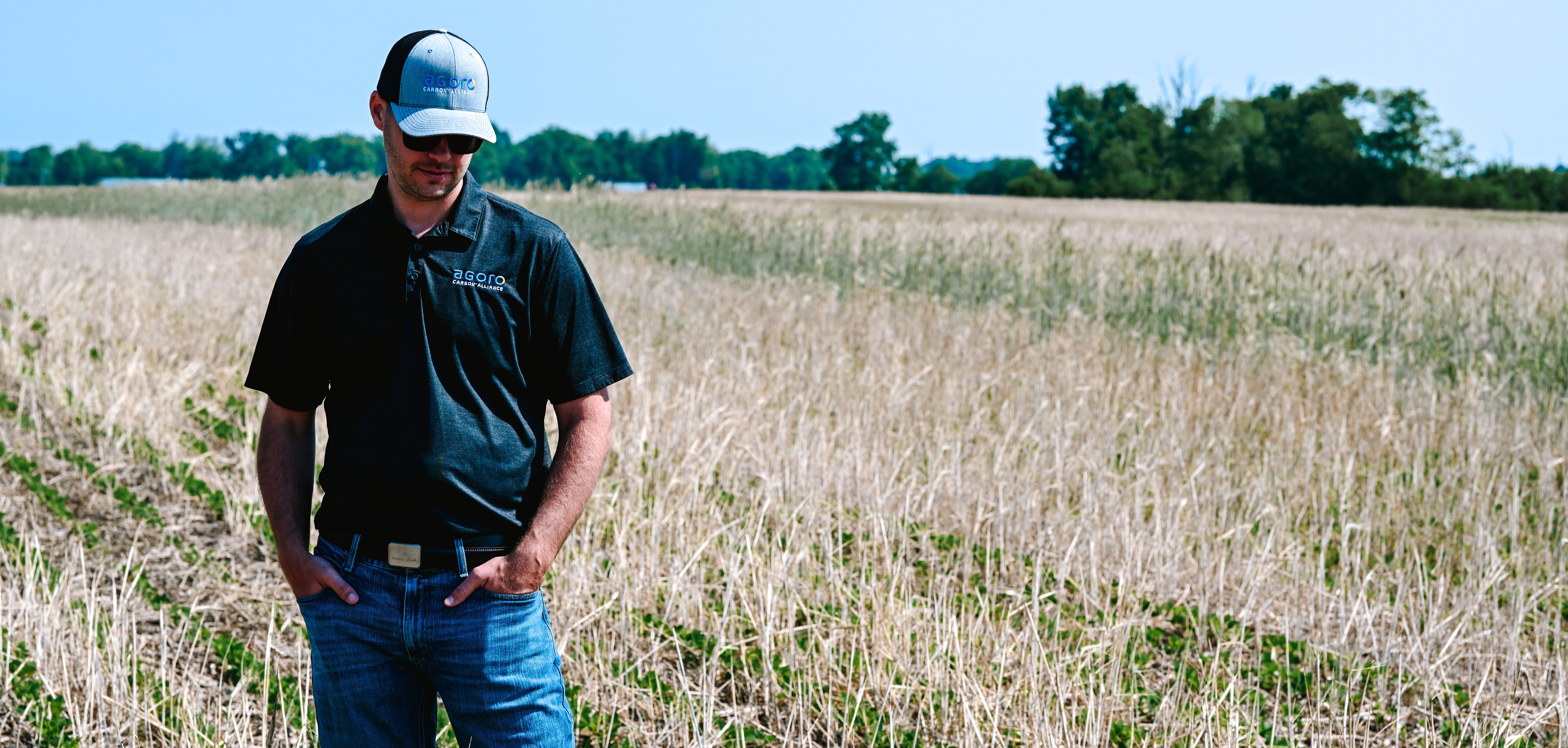Name
Andre Rauch
Operation
Starvation Farms
Location
Lexington, Oregon
Carbon Sequestration Practices
No Tillage
Andre Rauch and his family run a wheat, dryland cereal, and barely operation called Starvation Farms. The farm is a family operation founded by Andre’s great great grandfather and passed down the family tree five generations, and growing. His grandfather named the farm during the Great Depression when the economy was struggling and times were tough all around. The time period and fact that they live in extremely dry terrain near a place called Starvation Ridge yielded the name “Starvation Farms.” The name was fitting at the time and has since stuck.
Andre’s father read about Agoro Carbon Alliance in a magazine one day; the opportunity to add a revenue stream was what initially attracted them to our program. They realized they already implemented some sustainable agricultural practices that qualify in our carbon program on parts of their land. So they felt they had a strong handle on how to transition to a wider implementation of new ag practices. Starvation Farms enrolled in the Agoro Carbon program in 2021 when they decided to convert conventional acres to no till acres.
When switching from conventional fallow to no till there is a transition period. There were operational challenges when Starvation Farms started the no tillage process: increased weed pressure and initial yield drag that took a few years to see a pay off. So why make this shift? It’s in the name of regenerative agriculture. “It can take a few years for no till to pay off. It’s a long-term payoff when switching” says Rauch. In the drylands (or as Starvation Farms like to say “farming in the Desert Since 1918”) soil moisture is a large driver in transitioning to no till.
It (Agoro Carbon program) allows us to enhance our no till operation. It's not just conventional, fallow, and no till, black and white. There are very different levels of doing no till. One of the things we are doing right now is enhancing the section controls on our drill.”
Andre Rauch, Oregon Farmer

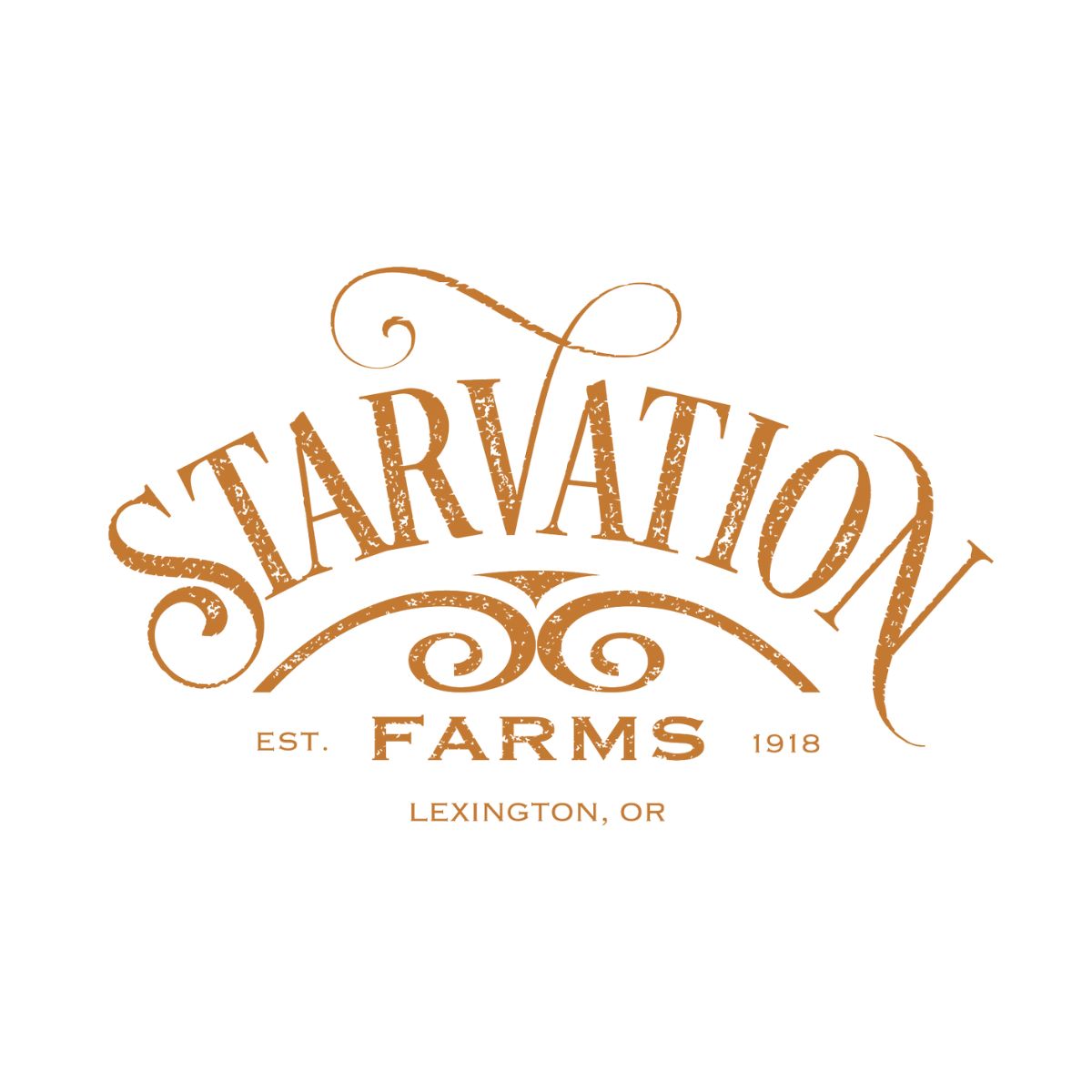
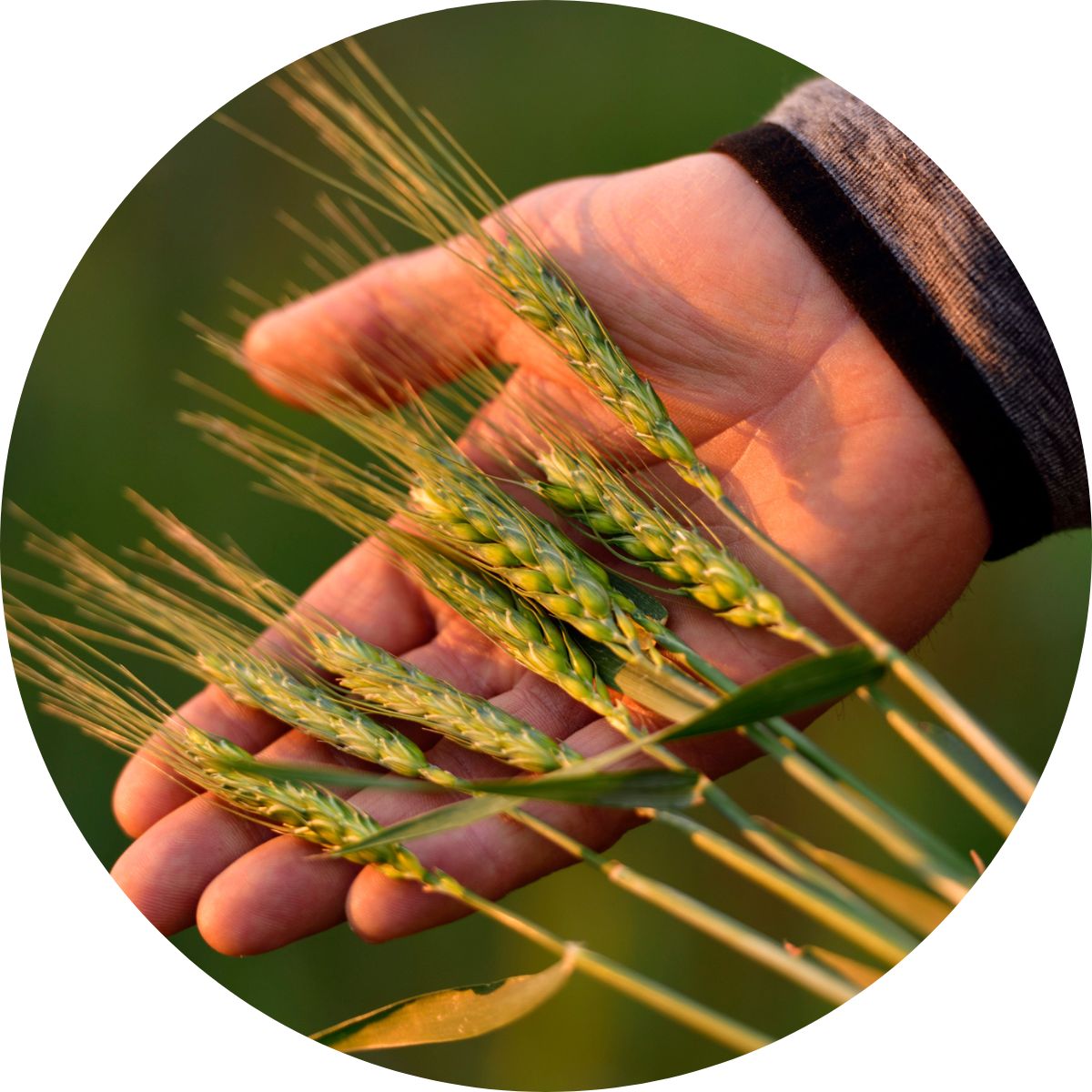
By reducing or eliminating the number of tillage passes, soil disturbance is kept at a minimum. This benefits the land and operation:
- Conserves soil moisture
- Erosion control
- Improves soil organic matter and overall soil health
- Lower fuel/labor input costs
Hear from Andre Rauch directly on this Ag Carbon Podcast episode.
